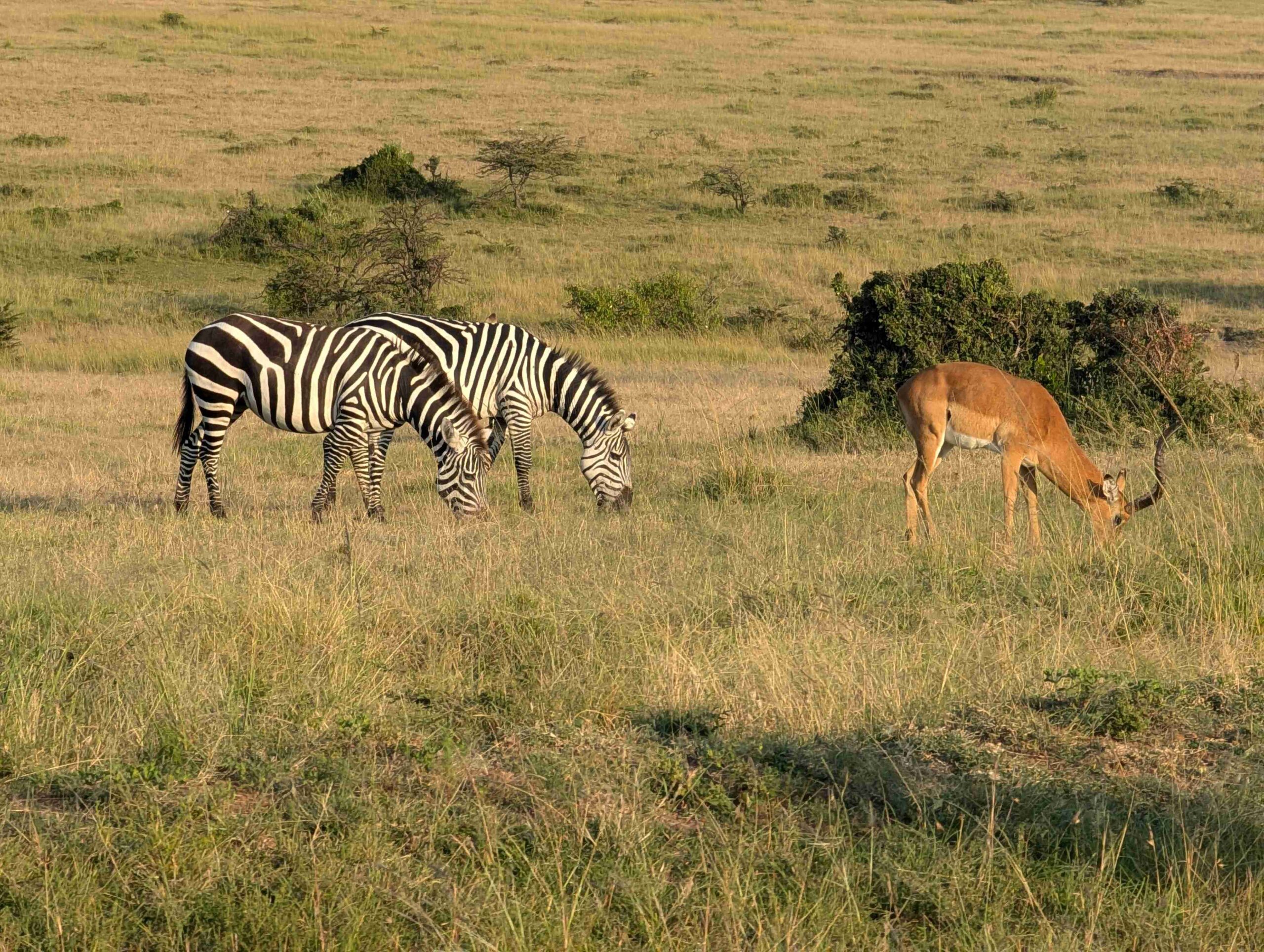Designated as a UNESCO World Heritage Site in 1981, Serengeti National Park represents one of the most extraordinary natural ecosystems on Earth. But what exactly earned it this prestigious status?
UNESCO World Heritage Criteria
To be named a World Heritage Site, a location must meet at least one of ten criteria. The Serengeti meets several, including:
- Exceptional natural beauty
- Outstanding ecological and biological processes
- Significant habitats for biodiversity conservation
Ecological Significance
The Serengeti is home to:
- Over 1.5 million wildebeest, 200,000 zebras, and 500,000 gazelles participating in the Great Migration
- More than 500 bird species and 300 mammal species
- The Big Five: lion, leopard, elephant, buffalo, and rhino
Its vast plains, river systems, and woodlands support a delicate balance of predator-prey dynamics, seasonal migrations, and evolutionary adaptations.
The Great Migration: A Natural Wonder
The annual migration of wildebeest and other herbivores across the Serengeti-Mara ecosystem is one of the most dramatic wildlife spectacles on Earth. This event alone contributes to the park’s global ecological importance.
Fun Fact: The migration is visible from space due to the sheer number of animals moving across the plains.
Conservation and Protection
UNESCO status helps protect the Serengeti from threats like:
- Poaching
- Habitat loss
- Unsustainable tourism
- Climate change
It also ensures international support for conservation efforts, research, and community engagement.
Cultural and Historical Value
While the Serengeti is primarily recognized for its natural features, it also holds cultural significance:
- Maasai communities have lived in harmony with the land for centuries
- Archaeological sites near Olduvai Gorge reveal early human history
Sustainable Tourism Impact
UNESCO designation encourages responsible tourism, which:
- Funds conservation projects
- Supports local communities
- Promotes environmental education
Visitors are urged to follow eco-friendly practices and respect wildlife habitats.
Why It Matters to Travelers
Visiting a UNESCO World Heritage Site means:
- Experiencing one of the planet’s most important ecosystems
- Supporting global conservation efforts
- Witnessing nature at its most raw and majestic
#unescoheritage #serengetinationalpark #worldheritage #safariexperience

